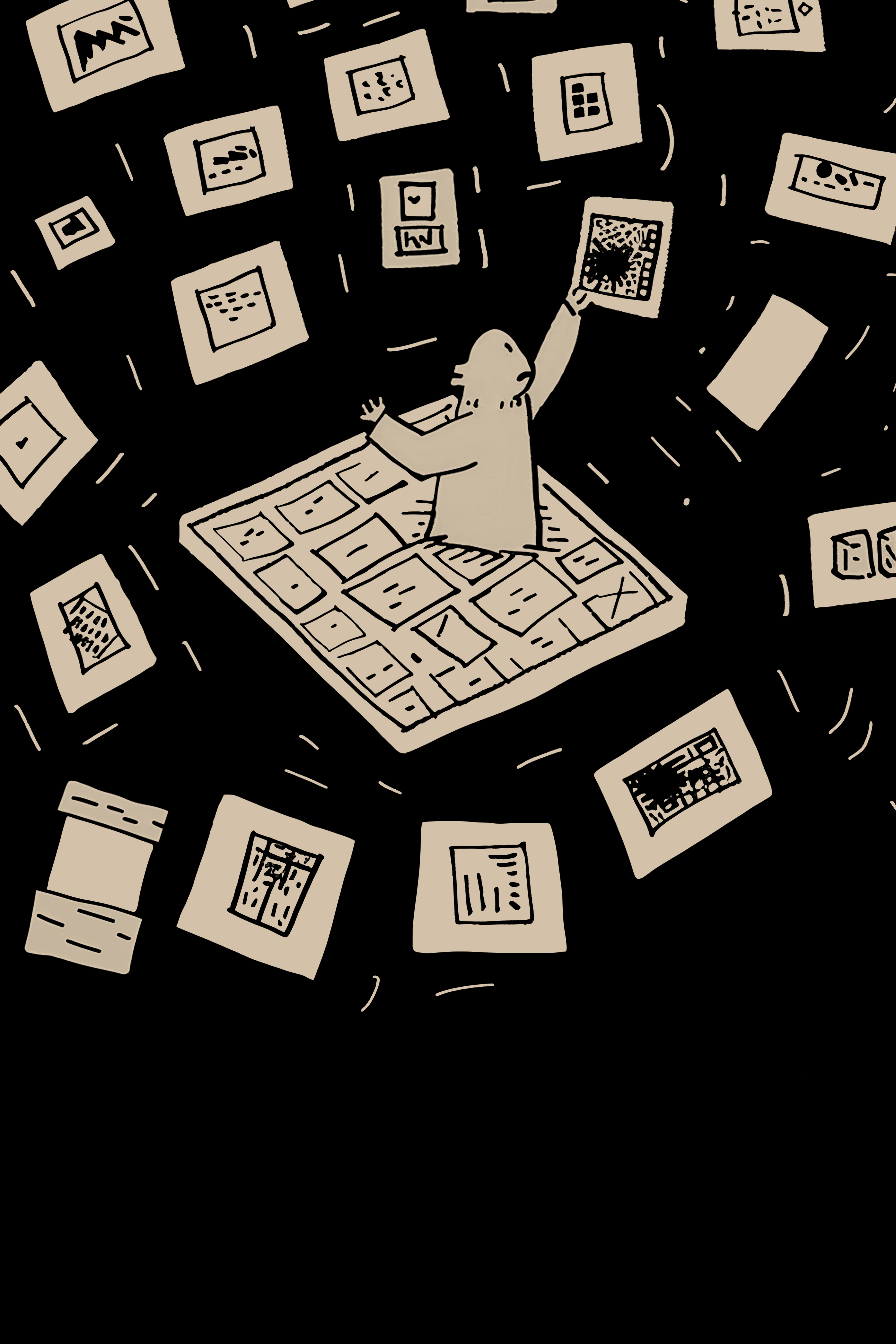Reflection on start-ups and making money:
The outsized returns I’ve been near have come from two places, almost exclusively: Decision Making and Risk Tolerance.
For a founder, decision making is about prioritizing the right things with the right people. Deciding what to work on should take time, and at an early stage, it should feel fluid — there’s lots of wiggle room that should be used.
And after deciding what to work on? Most alpha will come from making key decisions around hires, partnerships, and strategic direction.
I’ve been very guilty of rushing into some things because they seemed hot, or in the worst case, doing something just because I wanted something to work on. BAD decision making!
A good example of people making better decisions on what to work on? The Canadian cannabis boom, which created a lot of self-made independently wealthy people. The cannabis boom also had a lot of people who were willing to take risks.
For a founder, risk tolerance means towing the line between being thoughtful and fearless about creating the best possible solutions for a market. Two bombshell reports this week put this into focus. OpenAI transcribed millions of hours of YouTube to train GPT-4… and Meta seriously debated breaking the law for training data (not surprising for a company whose founder had the risk tolerance to violate student privacy in his beta!).
Culturally, I feel like companies would never do this in Canada… and in my opinion, it’s one of the reasons Cohere hasn’t taken off while most other LLM makers have.
This isn’t just AI-specific, and for the record I’m rooting for Cohere. Uber and AirBnb are also great examples of companies who reaped the rewards of high risk tolerance. There are several less-famous examples too.
Most founders have their risk tolerance dictated to them by their investors, and investors have their risk tolerance dictated to them by LPs. I don’t know the right answer here, and obviously unlimited risk is bad… but I have observed the higher the risk appetite of an early-stage environment (e.g., US vs. Canada), the more flexibility and opportunities founders have to hit home runs.
Nobody painted risk and pending decisions like Alex Colville.
Horse and Train, 1954.




